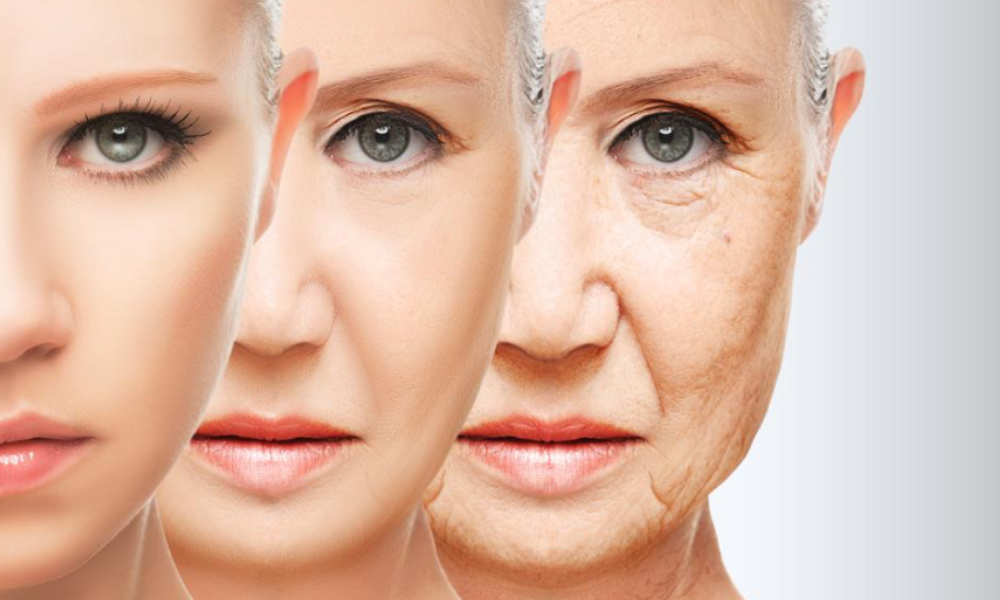Two Essentials Your Skin Needs for Its Best Health
Often, the words ‘hydration’ and ‘moisture’ are used interchangeably in skincare dialogues, but these two words mean very different things when it comes to balancing your skin. Ideally, you need to have both hydration and moisture replenished daily to have a healthy and beautiful complexion.
Another pair of words often swapped with reckless abandon? Dryness and dehydration. That’s why understanding how two very different substances – oil and water – have the power to work together to bring about the right changes in your skincare routine.
Why Skin Needs Water
If you recall your science classes, you may remember hearing that your body is mostly composed of water. It is a life force that we need for hydration, inside and out. Without water, we become dehydrated. So, too, does your skin. In fact, without water, your skin cannot function as per its intended design.
How much hydration your skin has depends on a few things. You need to consider the climate in which you live, how much physical activity you have, how much water you ingest (from foods and beverages), alcohol and caffeine consumption (which can deplete your water stores), and pollution. Additionally, ineffective skincare products or rituals can also impact the lack of hydration in your skin.
Water is important for skin because it keeps the skin’s barrier intact. That barrier keeps out harmful substances while keeping hydration deep inside the layers.
H
How To Keep Water in Your Skin
In your skincare routine, choosing natural face hydrosols or hydrous face serums are like giving your skin cells a refreshing drink too. These can help lock in that essential hydration your skin needs while giving it vital nutrients that boost the absorption. Additionally, it boosts the efficacy of your serums and moisturizers, providing the hydration which is then sealed in preventing future moisture loss.
B
Why Skin Needs Oil
The skin produces its own fatty acids called sebum. Sebum lipids are compromised of triglycerides, waxes, free fatty acids, squalene and cholesterol which lubricates the skin. These lipids form a vital function in providing antioxidant and antibacterial properties as well as lubricating and maintaining skin health. When these lipids are out of balance it leads to a damaged barrier function.
This is where plant oils play an important role. They have great compatibility with our skin and can not only provide necessary emollient, humectant and occlusive properties but also help strengthen the barrier function and provide the essential fatty acids needed to accelerate the skin’s natural healing and repairing process. This is especially true with a damaged permeability layer corresponding to different skin conditions.
Internally, you’ll want to seek out essential fatty acids, antioxidants, and vitamins in your meals. And for your skin, you’ll want to use those nourishing plant oils suited to your particular skin type or skin condition. When you do, it will reinforce the lipid barrier and lead to healthy skin.
Oil & Water: The Yin and Yang of Skincare
Now that you know why your skin needs these two opposite elements to thrive in beauty, you can start incorporating both hydration and moisture tactics into your routine. In doing so, you’ll be restoring your skin to a healthy and refreshed appearance.
Our Favorite Picks to Achieve Mega Hydration and Moisture:
Blue Lavender Tranquility Mist

References:
1. Skin hydration: a review on its molecular mechanisms https://pubmed.ncbi.nlm.nih.gov/17524122/
2. Nutrition benefits of lemon water https://www.healthline.com/health/food-nutrition/benefits-of-lemon-water#hydration
3. Anti-Inflammatory and Skin Barrier Repair Effects of Topical Application of Some Plant Oils https://pubmed.ncbi.nlm.nih.gov/29280987/





